Preparing to exploit 2 sections of new urban railway line
On the morning of July 17, Deputy Prime Minister Tran Hong Ha chaired the second meeting of the Working Group assisting the Steering Committee to direct the progress of urban railway projects in Hanoi and Ho Chi Minh City.
At the meeting, Deputy Minister of Transport Nguyen Danh Huy said that at the first meeting (May 15, 2024), the Deputy Prime Minister assigned 16 tasks to ministries, branches and localities.
Up to now, Hanoi has built a plan to complete the Nhon - Hanoi Railway Station railway line; test run the elevated section; complete fire prevention and fighting appraisal and personnel training.
For the Nhon - Hanoi Railway Station railway line, the Ministries of Transport, Construction, and Finance have directed the implementation of system safety assessment and certification; organized site inspections, reviewed acceptance conditions; completed procedures and signed loan allocation agreements for the underground section; and established an environmental licensing appraisal council.
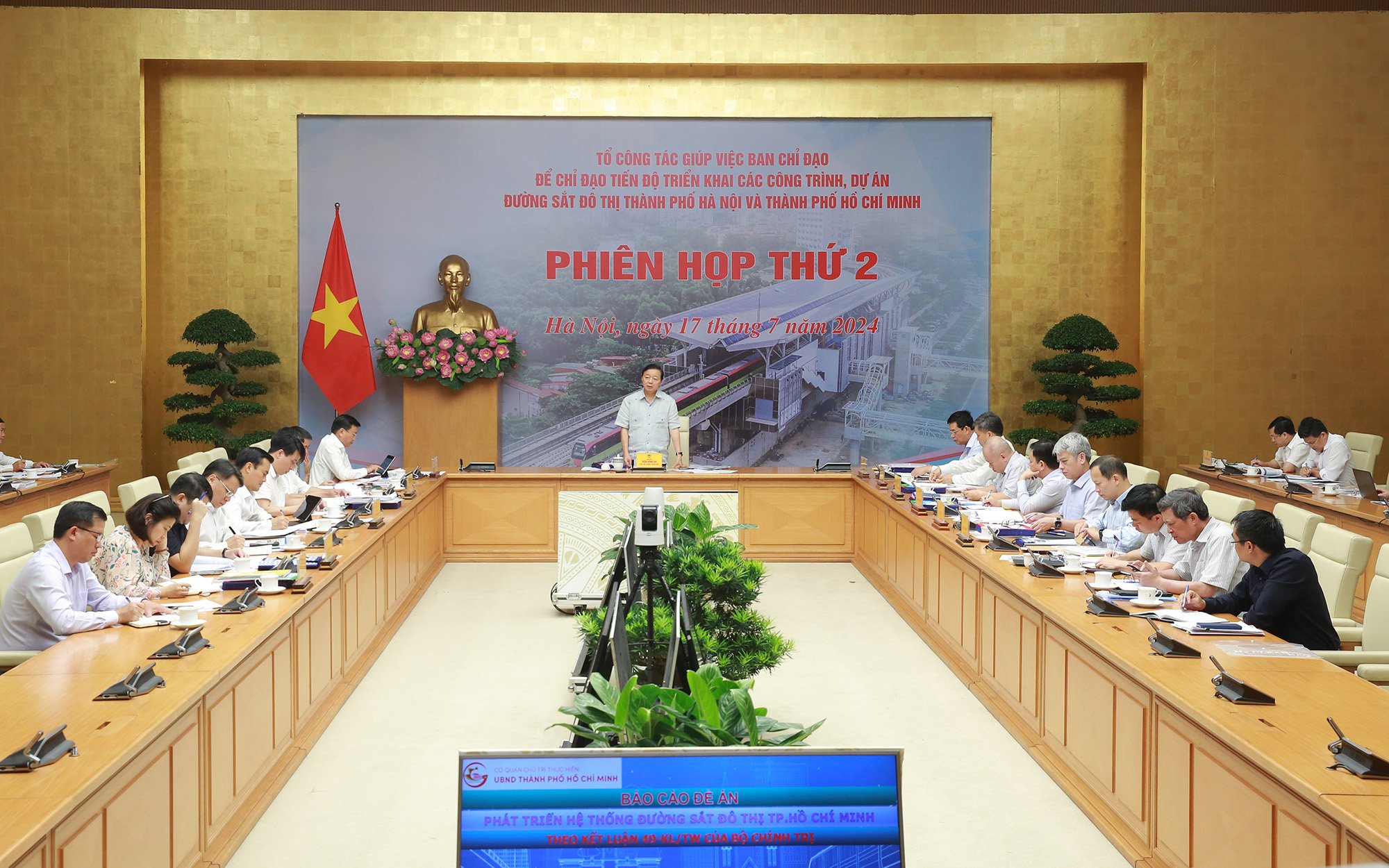
Overview of the meeting of the Working Group assisting the Steering Committee to direct the progress of implementing urban railway projects in Hanoi and Ho Chi Minh City. Photo: VGP/Minh Khoi
Reporting to the Working Group, Vice Chairman of Hanoi People's Committee Duong Duc Tuan said that it is expected that by the end of July 2024, the elevated section of the Nhon - Hanoi Railway Station railway line will be completed and put into use.
Ho Chi Minh City leaders said that the Ben Thanh - Suoi Tien railway project (Ho Chi Minh City) has completed the procedures to adjust the implementation time, reported to competent authorities for consideration and arrangement of investment capital.
According to the Politburo's conclusion on the orientation for the development of Vietnam's railway transport until 2030, with a vision to 2045, Hanoi and Ho Chi Minh City must achieve the goal of completing the urban railway network within 12 years. Accordingly, by 2035, each city will complete 200km of urban railway.
According to the plan, by 2030, Ho Chi Minh City will have 8 metro lines and 3 tram lines (monorail) with a total length of about 220km, with an estimated investment capital of 25 billion USD. Currently, lines 1 (Ben Thanh - Suoi Tien) and 2 (Ben Thanh - Tham Luong) with a total length of more than 30km have been deployed from ODA capital under the allocation mechanism from the central budget. The remaining lines have not been invested yet.
By 2030, Hanoi will have 10 urban railway lines with a total length of 417km, of which 342km will be elevated and 75km underground.
Ho Chi Minh City is speeding up the completion of the remaining items; conducting test runs, operating the system, reporting on system safety, accepting fire prevention and fighting, environmental approval... to put it into use in December 2024.
At the meeting, the Working Group listened to reports and comments on the content of two projects to develop the urban railway network of Hanoi and Ho Chi Minh City until 2035, especially on specific mechanisms, policies, and resource mobilization plans suitable to the socio-economic development situation of each city and the whole country.
Leaders of the Ministries of Transport, Justice, and Construction said that these are large, complex projects involving many sectors. In the context of many legal problems, it is necessary to research, analyze, and evaluate carefully, combining international experience and actual investment implementation in the past to propose goals and solutions for building a modern, synchronous urban railway.
Strive to exploit elevated sections earlier than planned
Concluding the meeting, Deputy Prime Minister Tran Hong Ha noted that after the first meeting, the members of the Working Group had completed 9/16 assigned tasks, and continued to implement the remaining 7 tasks according to plan, with a scientific, specific, practical, effective and responsible approach.
The Deputy Prime Minister requested Hanoi and Ho Chi Minh City to strive to put into operation the elevated section of the Nhon - Hanoi Railway Station and the Ben Thanh - Suoi Tien railway line ahead of schedule.
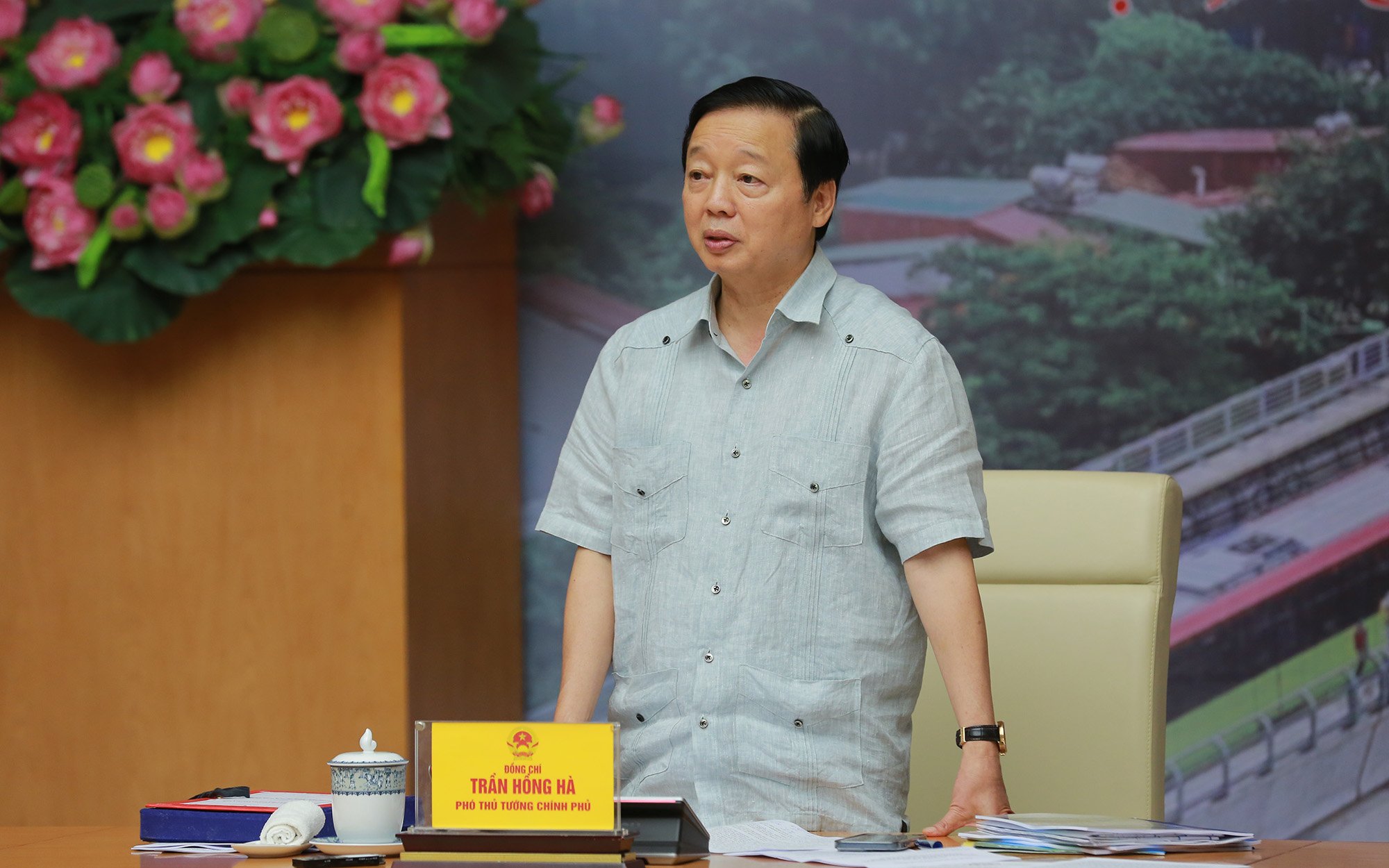
Deputy Prime Minister Tran Hong Ha speaks at the meeting. Photo: VGP/Minh Khoi
Regarding the two projects to develop urban railway networks in Hanoi and Ho Chi Minh City, the Deputy Prime Minister requested consensus on viewpoints, goals, tasks, solutions, and common policy mechanisms, while taking into account local characteristics (construction planning, development space, economic growth forecast, population size, etc.). The Ministry of Transport is responsible for synthesizing and submitting to competent authorities in accordance with regulations.
In addition, the urban railway network of Hanoi and Ho Chi Minh City must be synchronously connected with the North-South high-speed railway, including: Stations, technical design standards for rail tracks, locomotives, carriages, operating systems, etc.
"The two cities need to select leading design consultants to complete and evaluate the urban railway network planning with a 100-year vision," said the Deputy Prime Minister.
At the same time, he also requested to refer to the experience of some countries with developed and modern subway networks. This is the basis for the two projects to propose a comprehensive and feasible plan for receiving and transferring technology for underground construction, locomotives, carriages, management, operation, human resource training, etc. to build a synchronous and modern railway industry.
The Deputy Prime Minister assigned the Ministry of Finance to preside over and coordinate with relevant ministries and branches to assess the overall impact on the economy of urban railway development projects in Hanoi, Ho Chi Minh City, the North-South high-speed railway, and the ability to balance public investment capital.
On that basis, the Hanoi People's Committee and the Ho Chi Minh City People's Committee continue to closely coordinate with ministries and branches to develop a policy package and plans to mobilize social resources at the highest level through the forms of TOD (urban development, trade, services along traffic routes), PPP (public-private partnership), BOT (build - operate - transfer)...
"The mechanisms and policies for developing urban railway networks in Hanoi and Ho Chi Minh City must be synchronous, feasible, specific, clearly indicating how to do it, who will do it, where the problems are, and proposing solutions to competent authorities," the Deputy Prime Minister stated.
In May 2024, the Prime Minister signed a decision to establish a Working Group to assist the Steering Committee and urge the progress of urban railway projects in Hanoi and Ho Chi Minh City (Working Group).
The working group is headed by Deputy Prime Minister Tran Hong Ha, with deputy heads including the Minister of Transport and Construction, the Chairman of the People's Committee of Hanoi and Ho Chi Minh City, and 9 members.
The working group will assist the Prime Minister in directing, urging, and reviewing relevant ministries, branches, and agencies in resolving important, inter-sectoral issues, handling difficulties, and promptly removing mechanisms to ensure the progress of urban railway projects implemented in Hanoi and Ho Chi Minh City.
At the same time, during its operation, the team also researches and proposes solutions to overcome difficulties in investment policies. If necessary, the team will study and learn from the experiences of some countries with modern urban railways and invite experienced international experts to give their opinions.
Every month, the Working Group evaluates the implementation results, promptly detects problems and difficulties, resolves them or reports to the Prime Minister for consideration and resolution according to authority.
The Ministry of Transport is the standing agency of the Working Group; uses its apparatus to perform the tasks of assisting the Working Group; develops work plans and programs, synthesizes report content and drafts conclusions for the Working Group's meetings.
Along with that, the People's Committees of Hanoi and Ho Chi Minh City are responsible for reporting the implementation status of the projects to the Working Group, periodically once a month or suddenly upon request.
Source: https://www.baogiaothong.vn/quy-hoach-mang-luoi-duong-sat-do-thi-voi-tam-nhin-tram-nam-192240702233231946.htm


![[Photo] Prime Minister Pham Minh Chinh receives Swedish Minister of International Development Cooperation and Foreign Trade](https://vphoto.vietnam.vn/thumb/1200x675/vietnam/resource/IMAGE/2025/5/12/ae50d0bb57584fd1bbe1cd77d9ad6d97)



![[Photo] Prime Minister Pham Minh Chinh works with the Standing Committee of Thai Binh Provincial Party Committee](https://vphoto.vietnam.vn/thumb/1200x675/vietnam/resource/IMAGE/2025/5/12/f514ab990c544e05a446f77bba59c7d1)
![[Photo] Prime Minister Pham Minh Chinh starts construction of vital highway through Thai Binh and Nam Dinh](https://vphoto.vietnam.vn/thumb/1200x675/vietnam/resource/IMAGE/2025/5/12/52d98584ccea4c8dbf7c7f7484433af5)


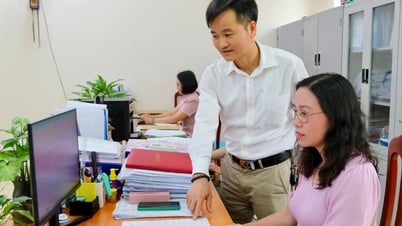
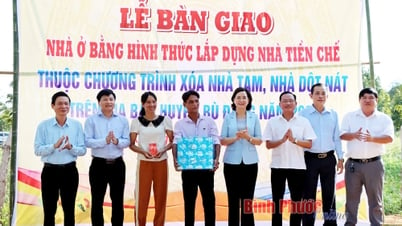



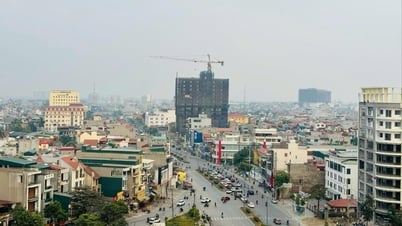




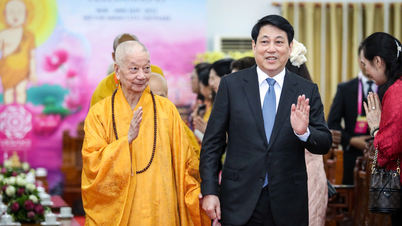
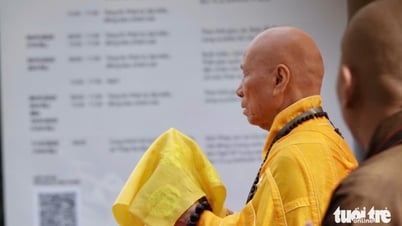

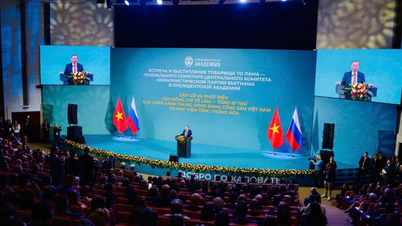

































































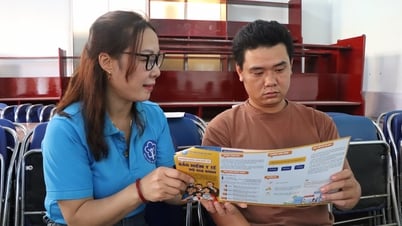
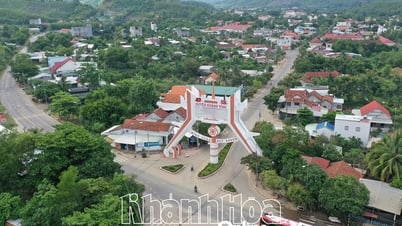










Comment (0)